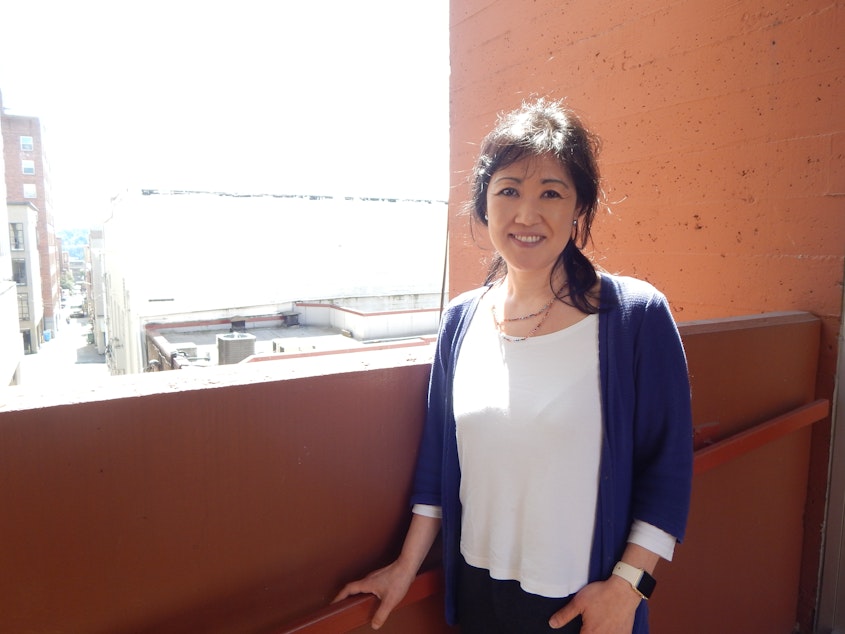For this Seattle doctor, hate is a public health issue

Hate crimes in Seattle are on the rise.
So far this year, 80 separate incidents have been reported to police. The city is on pace for 320 hate crimes this year — an increase of 25 percent — and that's affecting the health of refugees and immigrants.
"The climate has changed over the last several months," said Harborview pediatrician Suzinne Pak-Gorstein. "We felt almost a palpable level of increase in fear among a lot of families and communities that we serve."
Dr. Pak-Gorstein, who helped develop a toolkit to screen children for bullying and harassment, spoke with KUOW's Kim Malcom.
On what she's seeing from her patients:
Sponsored
"We've been hearing stories of children having exacerbations in their existing mental health issues — depression or anxiety. We hear about increased levels of being bullied at school. For children, this kind of stress and anxiety can come out in different ways. You might have a child who starts bed wetting, or being more irritable or sad."
On the health consequences of facing harassment:
"In the long term, what we're really worried about is the increasing evidence that sustained stress, as well as acute, stressful events can actually affect their risk for pulmonary disease, even heart disease and certainly depression and anxiety that will cause further problems as adults."
On the important role of primary care doctors:
"What I try to do is work with parents to build resilience. I feel we're in a very privileged position, because patients will come to us and trust that we have their health and well being at the forefront of what we do. A lot of us are immigrants or children of immigrants ourselves. And I think that also helps them — and we remind them that we have their best interest at hand."
Sponsored
This transcript was edited for clarity and length.


